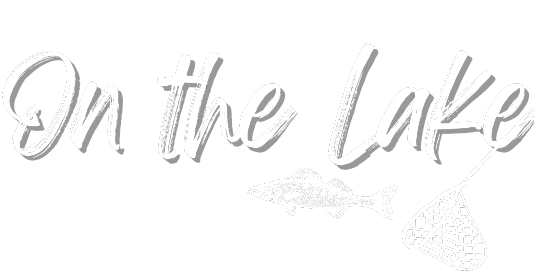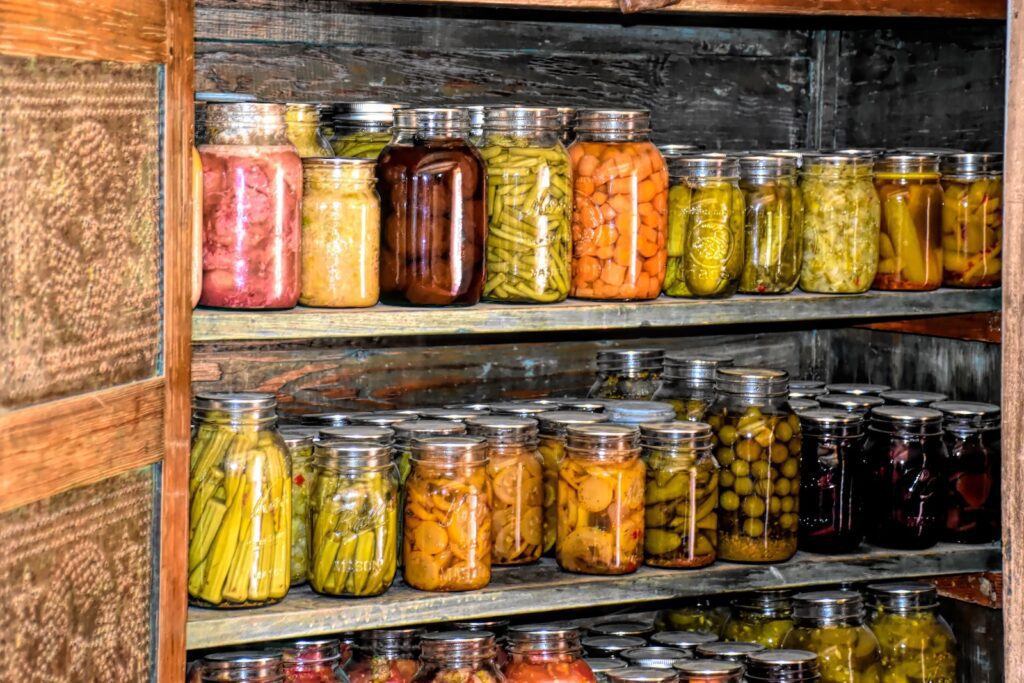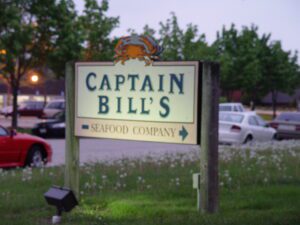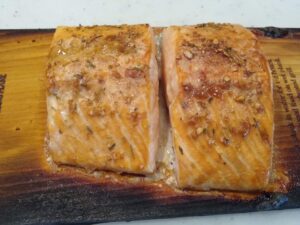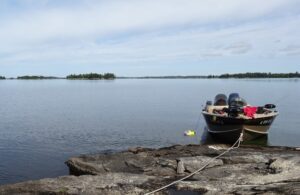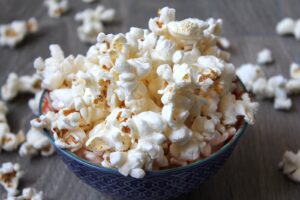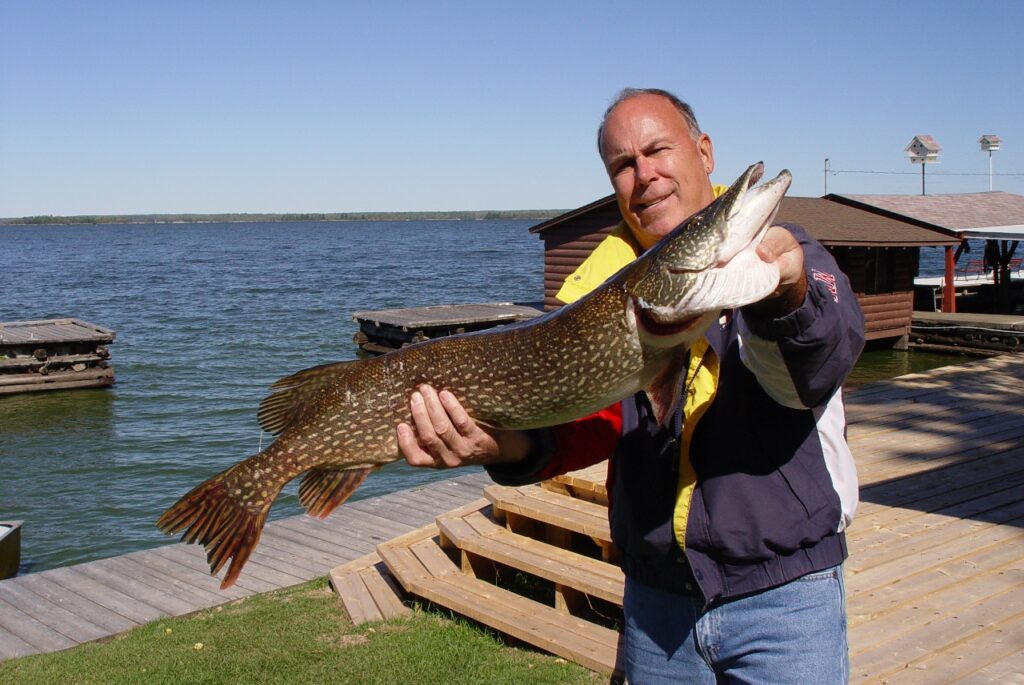Several years ago, when my wife first mentioned to me that maybe we should “can” some of our green beans – “or they’re going to go to waste”, I wasn’t even quite sure what she meant. She had had some experience with home canning while in a 4-H Club as a young girl.
(This page may contain affiliate links, which means I may earn a small commission if you click through and make a purchase. You can read our Affiliate Disclosure here.)
Why Don’t We Just Freeze Them?
I did know that the summer had been a good one for growing things in our small garden, and we had achieved a bumper crop of tomatoes. We had way more vegetables than we would be able to eat.
My reply to her was simple: “Why don’t we just freeze them?” It was simply what I had seen my parents do when I was a kid. We had all kinds of stuff in a big, stand-up freezer in the basement. Unfortunately, the result of my freezing proved that, after thawing, the tomatoes became kind of a soupy mess. They would be great for chili, but that was about it.
Fast forward a ways, and all of a sudden, our little storage space is filling with all kinds of goodies. I had no idea how easy it was to “prolong” my garden so that I could literally enjoy it all year – or several years for that matter!
A Lost Art?
What I am trying to tell you is that, at least as far as I can tell, canning is something of a “lost art” that few people know how to do – or even want to do – anymore. A generation or two ago, I’m willing to bet that a far greater number of folks out there “put up” all kinds of things for storage.
The reason was simple: freezers were not even around yet. Root cellars kept things cool and dry and did an OK job of keeping items like onions, potatoes and the like, reasonably fresh for extended periods. And those with an “ice box” needed a steady supply of ice. This was an expensive proposition at the time.
Preserve Some of That Harvest
But canning… now there was a way to really preserve things – almost indefinitely. Fast forward again, to 2023 and yes, freezers are readily available. Just about any variety of “fresh” produce can be had at any time of the year. Things are just so much easier now! Well, maybe they are, and maybe they aren’t. The last several years have shown us that frugality may be, of necessity, returning.
People are starting to plant gardens again (the prices of fresh produce, not to mention the cost of the fuel to get it to market, are skyrocketing). Now might not be a bad time to consider preserving some of that harvest.
So, before I share with you the simplicity of canning say, tomatoes (for starters anyway), allow me to address some of your concerns about canning.
Home Canning: A Science and an Art
Consider home canning to be a science as well as an art. The science part comes in when one considers the very important aspects of food handling and safety. In addition, I should also mention the need for paying attention to the quality of the finished product, as well as the need to be aware of the importance of following the recipes and procedures.
Proper temperatures and cooking times must be adhered to, to ensure that the finished items are safe to eat. (Have you ever had a case of food poisoning?!) The “art” of the process is found in things like: have I packed the jars too full or too loose? Is the tomato ripe? How do I know if the jar is sealed properly? What are those bubbles of air in the jar? And sometimes, even when you follow recommended, lab-tested, up-to-date directions, something goes wrong. Isn’t it just easier, and safer, to freeze my stuff??
Perhaps. But at least take a look at the following that compares some of the pros and cons of freezing as opposed to canning.
Pros and Cons
Pros for Canning
- Ready to use immediately
- Power outage does not affect product
- Requires no energy to maintain product
Cons for Canning
- Fairly time-intensive
- Requires energy to preserve product
Pros for Freezing
- Easier
- Faster
- Maintains color
Cons for Freezing
- Requires energy to maintain product
- Possible loss of product with power outage
- Defrosting takes time
No Artificial Preservatives and No Chemicals
I’m sure there are more comparisons to make, but if you take a hard look at the pros and cons of both, my guess is that you would find an approximate even split. This means that a lot of it is personal preference.
I will grant you that some would find the time, prep work and occasional mess involved with home canning to simply not be worth their effort. For us though, having both freezer space and canning supplies is nice.
But mostly, I like knowing what has gone into what I am eating. If I canned it, I know there are no preservatives (except some salt) and no other chemicals with unpronounceable names going into my body.
It’s a Labor of Love
Lastly, I have to say that, for all the work, it just to be a labor of love. Our tomato juice is second to none, our spicy, pickled beans are outstanding, our beets are incredible and even Heinz would die to have our recipe for Catsup!
I’ll still freeze some things, but to be able to bring up a jar of tomatoes from two or three years ago, open the lid and have them smell like just-picked-from-the-garden, is an instant reminder that all the effort was really worth it.
If you decide to give it a try, it may be best to go to a friend’s house and watch them can some juice or pickle some beans. Beyond that, here’s what you need to make things like canned tomatoes, tomato juice, pickled beets or beans and apple sauce, for starters. Your local Farm & Fleet or hardware store usually have these items.
- Covered Preserving Canner with Rack
- Jar Lifter
- Pint or Quart Jars
- Lids & Rings
- Ball® Blue Book Guide to Preserving
As always, I hope to see you On the Lake!
rk
